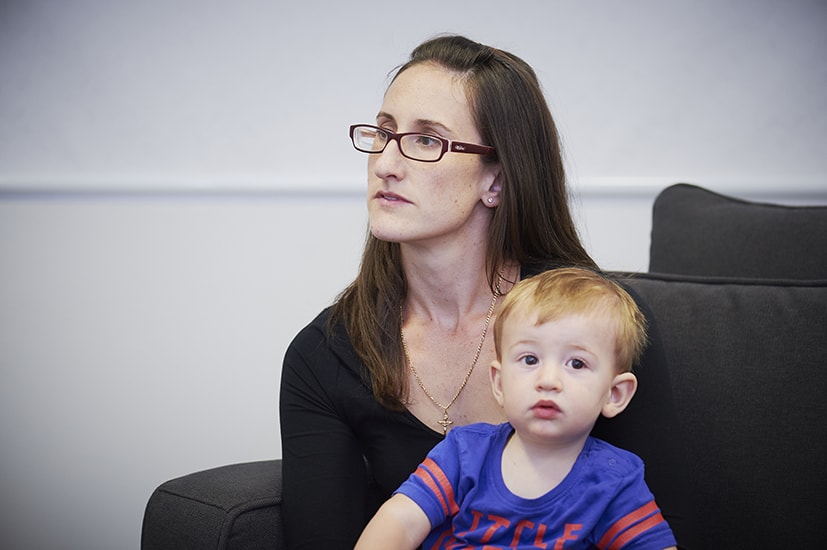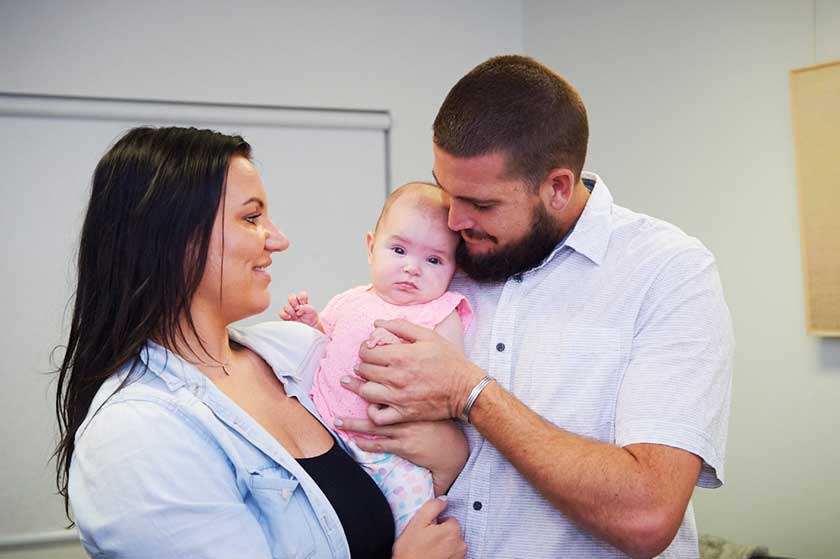It's important to understand the potential impact these disrupters can have on the parent-child relationship and what can be done to promote positive outcomes.
What is a healthy parent-child relationship?
In a healthy parent-child relationship, the parent is tuned into and able to meet their child’s needs.
An infant feels secure and loved, learns to trust that their needs will be met and is therefore more likely to develop secure attachment with their parent.
Early emotional experiences are important
There is increasing evidence that early emotional experiences, particularly within the parent-child relationship, have an important impact on brain development and provide a blueprint for how children develop relationships throughout the rest of their life.
Healthy parent-child relationships in the early year’s leads to older children and adults who are more likely to form healthy relationships, regulate their emotions effectively, manage stress, be more capable of problem solving and have higher self-esteem.
They are also less likely to use alcohol and other drugs as coping strategies.
Trauma can have a big impact
Trauma can influence a parent-child relationship in a number of ways.
If there is trauma in a parent’s history this can lead to emotional difficulties which can, in turn, make it challenging for them to maintain a safe, secure environment for their infant.
Trauma may also lead to substance use, which can impact a parent’s ability to meet their infant’s needs and lead to emotional difficulties that effect their ability to maintain a safe, secure emotional environment for their infant.
Making more people aware of the links
By improving public awareness of the influence trauma and substance use can have on the development of healthy parent-child relationships, positive outcomes can be achieved.
Primary health clinicians should be educated to identify potential risk factors when the parent-child relationship is disrupted and be equipped with information that enables them to provide referral pathways to specialist services.
It is also critical that a commitment to resourcing perinatal and infant mental health and specialist alcohol and drug services is maintained.







